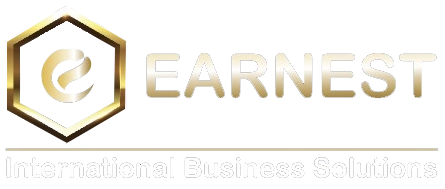When starting a business in the United Arab Emirates (UAE), you must decide whether to operate in a Free Zone or on the Mainland. Every choice offers advantages and disadvantages, based on criteria such as ownership, business operations, taxation, and operational dimension. Here are the main differences:
- Ownership: Free Zones allow for 100% foreign ownership, while mainland operations previously required a local Emirati partner. However, current laws have allowed for full foreign ownership in a variety of industries.
- Business Operations: Free Zones may have restrictions on business operations, while mainland businesses can operate both within the UAE and internationally without restrictions on trading in the UAE market.
- Office Space and Location: Free Zones provide flexible workplace alternatives, while mainland operations require a physical office space of a certain size as defined by local licensing officials.
- Taxation and Customs: Free Zones often provide temporary discounts from import/export duties, business tax, and personal income tax, while mainland operations are subject to ordinary UAE taxation policies.
- Legal Environment: Free Zones are governed by their own regulatory authority, while mainland operations are regulated by the Emirate’
- Repatriation of Profits: Profits and money can usually be returned in full in free zones, while mainland operations may be subject to various regulations and procedures.
- Business Setup Costs: Free Zones frequently have lower establishment costs due to numerous incentives and streamlined procedures, while mainland operations may have higher initial development costs.
- Recruitment & Visas: Free Zones provide expedited visa processes and make it easy to hire foreign employees, while mainland operations also provide visa services but with potentially more complicated processes due to additional regulatory restrictions.
The choice between Free Zone and the Mainland is determined by the business’s specific objectives and goals, such as target market, ownership preferences, cost concerns, and regulatory environment. Each solution has unique benefits and may be suitable for many different kinds of business formats and industries.

